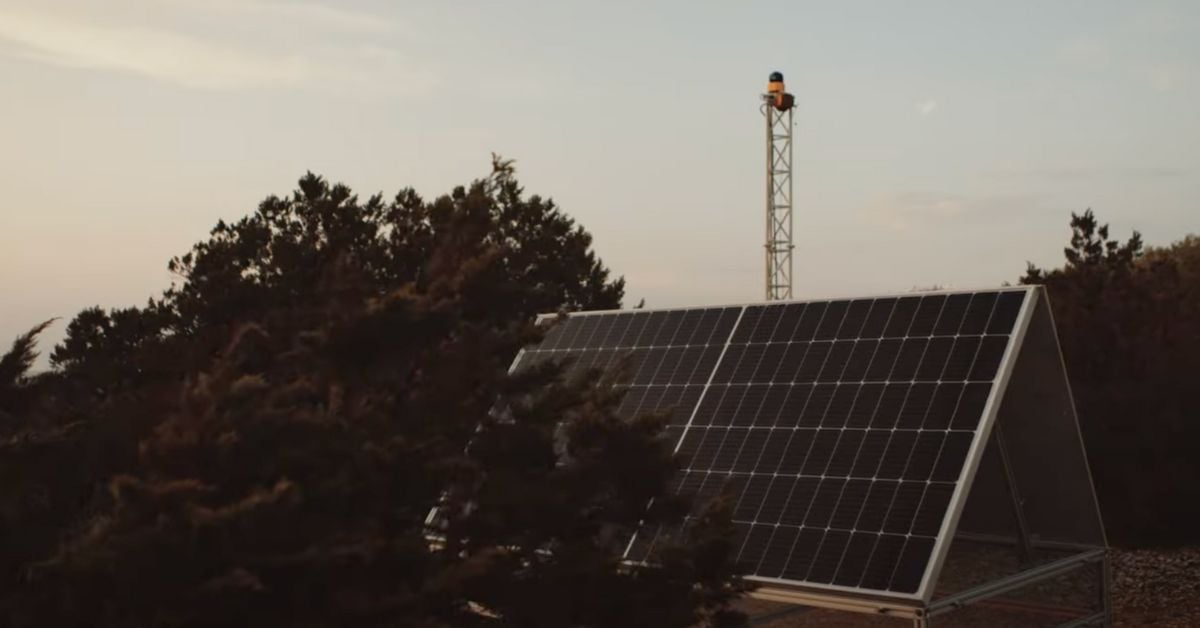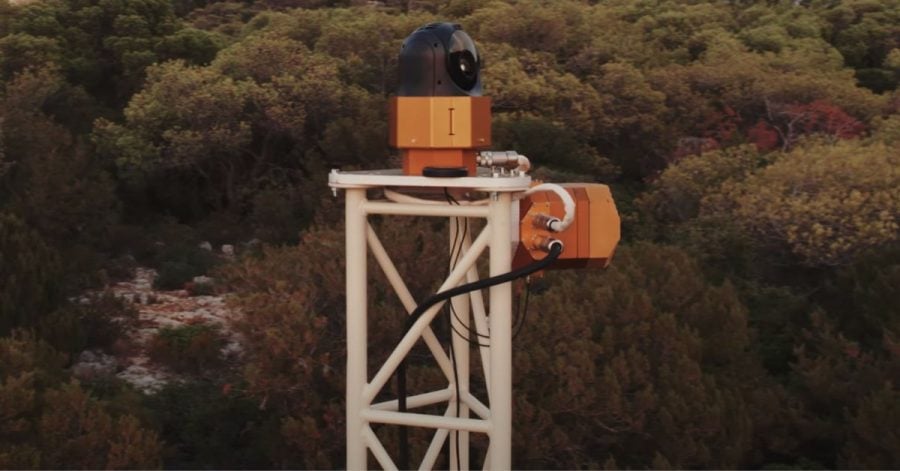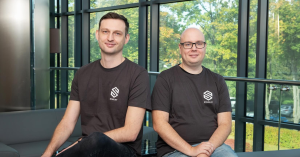Each year EU member states spend hundreds of billions on their defense budgets. However, conflicts such as the war in Ukraine illustrate that Europe is still far from safe.
And while the continent’s answer has always been to spend big on its defense capabilities, some ways can be less expensive and more efficient. Greek defense startup Lambda Automata has one solution, as it is building AI-first systems for autonomous surveillance, reconnaissance, and superhuman situational awareness.
Founded by Greek technologists Dimitrios Kottas, a former senior engineer at Apple, and Georgios Kontogiannis, seasoned software engineer, VC-backed Lambda Automata aims to transform how EU member states use their existing defense capacities. The founding duo is also joined by founding engineer Thodoris Ntakouris and hardware engineer Ioannis Souriadakis.
According to Dimitrios Kottas, the main issue that Lambda is trying to solve is filling the gap in terms of computer vision and AI for the software deployed in mission-critical applications for civil protection or defense applications.
“Existing software solutions do not fully utilize the sensors, pixels, and transistors already deployed in the field. This results in a tedious manual cycle for operating, extracting information, and stitching that information together, for the myriad of sensors deployed in the field. Our vision is to accelerate that cycle to machine speed,” Lambda’s co-founder and CEO Kottas explains.
Thus, the company’s first pilot product is called “Outpost”, an autonomous surveillance tower for classifying, geo-locating, and communicating events of interest at machine speed.

“Outpost is our entry pilot product, such that we demonstrate our technology to actual field operators and solve real problems right now. Our initial paid installations are about early fire detection, using automatic optical recognition and localization of smoke piles. We chose to start with the civil protection market, given its less strict requirements (e.g., certifications) and faster cycle compared to defense applications. In parallel we are field testing our technology for more defense-oriented specifications,” Dimitrios Kottas tells The Recursive.
The Lambda Outposts can be installed in remote locations with no infrastructure while they operate at a fleet level, enabling sensing of vast areas with minimal personnel requirements. Both hardware and software are vendor-agnostic and support an ever-growing set of sensors to provide an “autonomy upgrade” for the myriad of legacy systems already deployed and which are manually operated.
Building its team and deploying key solutions for the civil protection market
Earlier this month, Lambda Automata’s project got backed by Greek VC Marathon. The sum of the deal was undisclosed but The Recursive’s source says it was a seven-figure investment. According to Marathon, the Greek defense startup is now on a mission to help Europe and its allies retain their strategic autonomy and ensure future AI defense platforms’ sovereignty and ethical use.
“In a global environment where threats increasingly materialize, we are proud to work together with Lambda Automata to help secure the integrity of Europe and its allies. We invested because Lambda Automata is committed to working with freedom defenders to achieve their missions. And we invested because defending freedom is the paramount duty of every liberal society,” Marathon said in a press release.
The defense startup now plans to use its initial funding round, to demonstrate some of its core technological capabilities, hire key talent and deploy some turn-key solutions for the civil protection market.
“In parallel, we are looking to invest into some key testing grounds (e.g., a large outdoor drone arena) such that we lay the required foundations for our future endeavors,” Lambda’s CEO tells The Recursive.
For Kottas himself, the deployment of such solutions can also play a key role when it comes to preventing future conflicts.
“Upgrading the EU+US+allies deterrence capabilities using cost-efficient solutions, based on software and AI, rather than convoluted monolithic decade-long programs, will be key in deterring future conflicts. It’s a formidable but exciting mission,” Kottas concludes.








